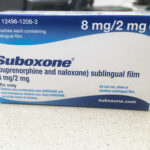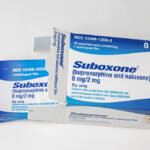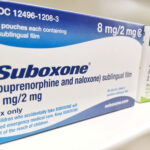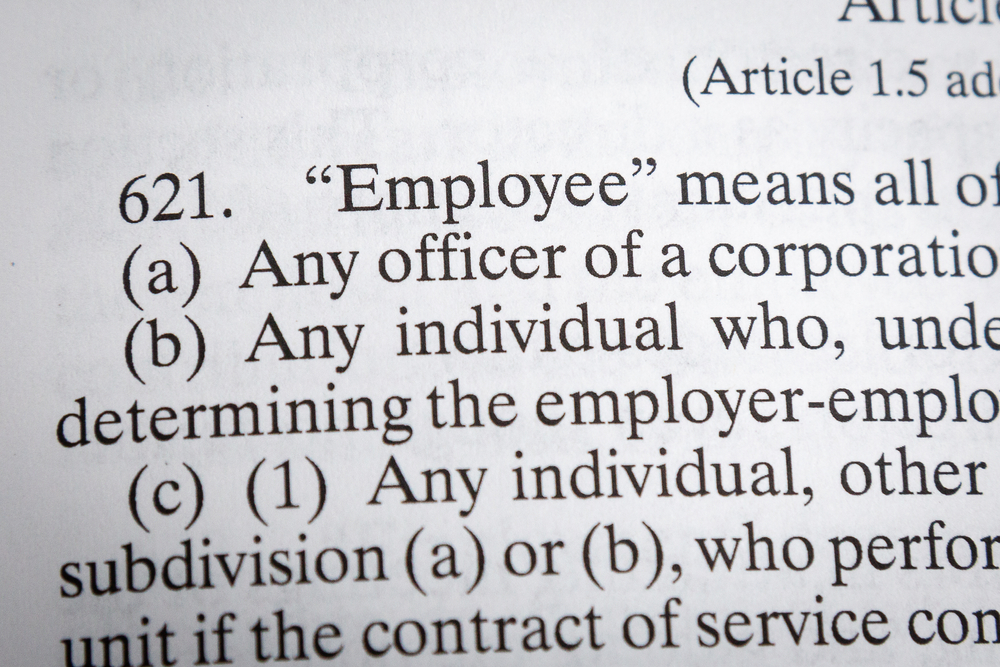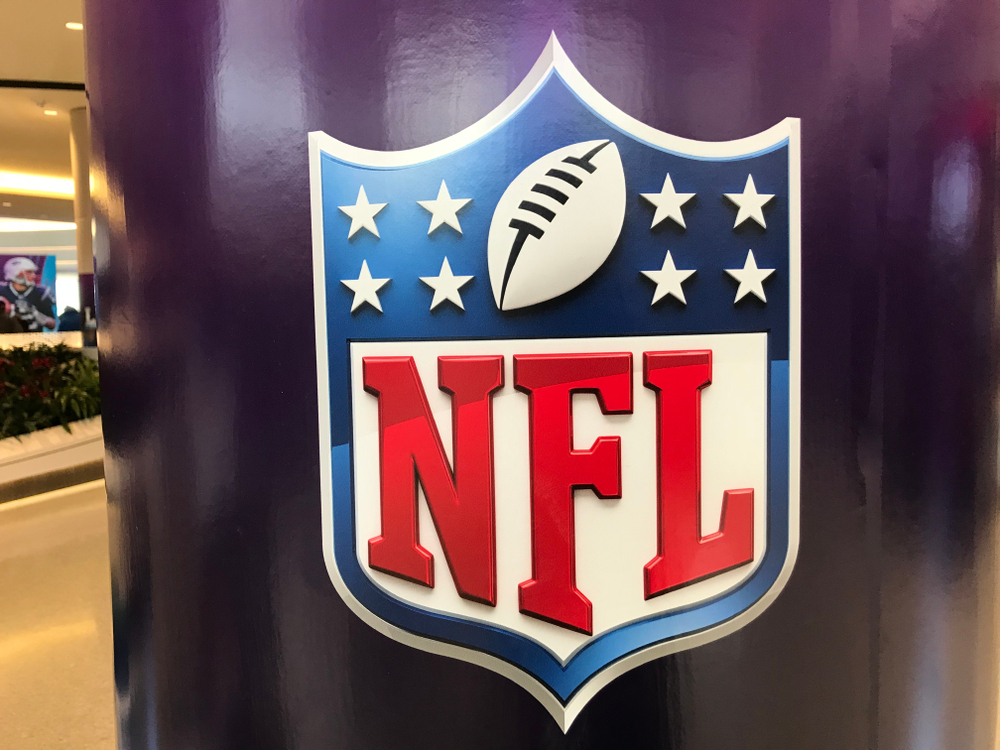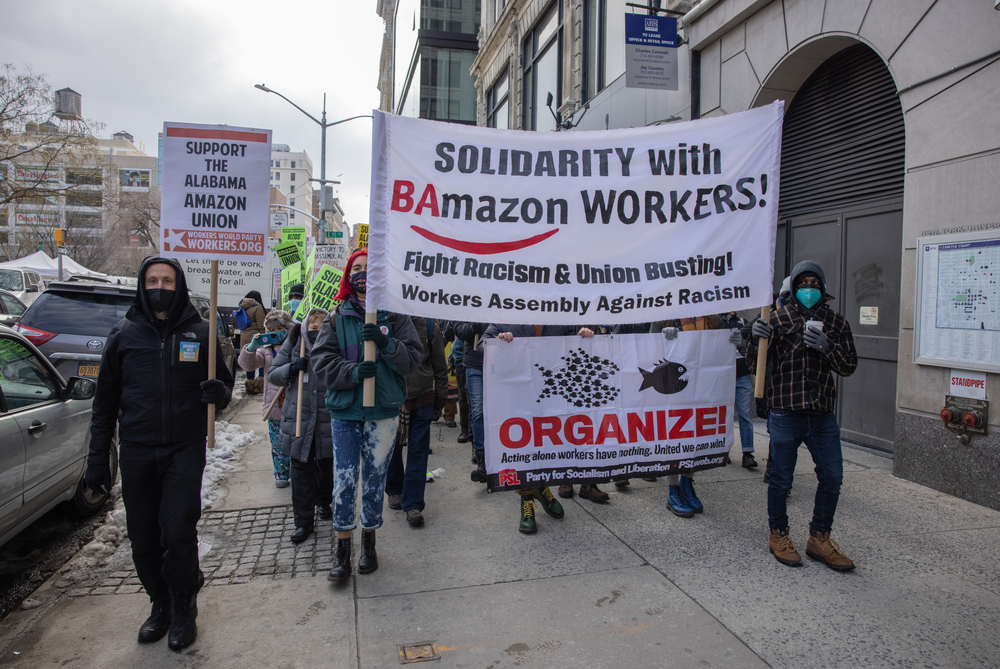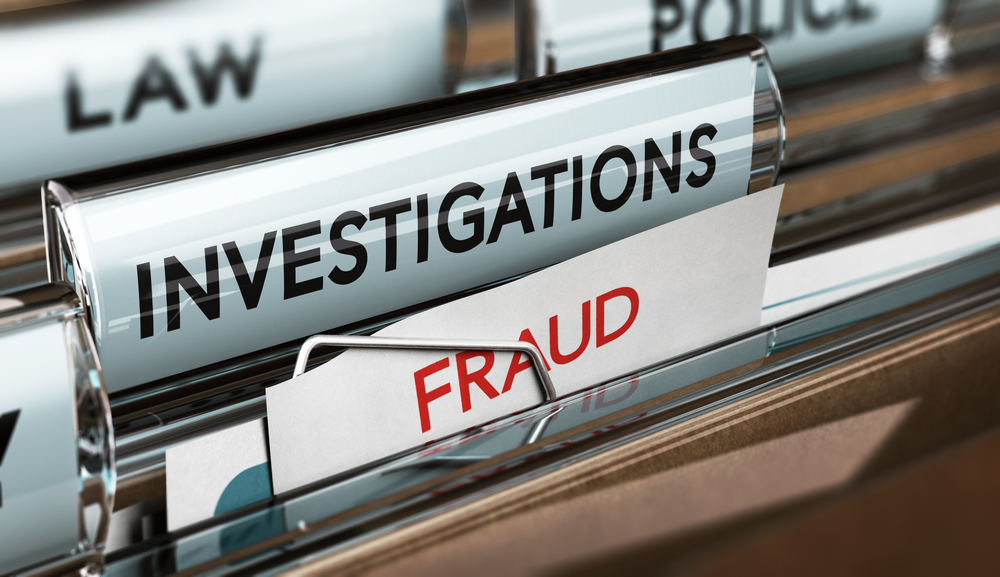High profile whistleblower cases, according to the National Whistleblower Center
Bradley Birkenfeld a former international banker and wealth manager with UBS, made history in 2012, obtaining the largest whistleblower reward ever given to an individual whistleblower for reporting IRS tTax fFraud. He was recognized for his numerous contributions to the public interest. Birkenfeld received $104 million of the $780 million UBS paid the government.
Birkenfeld was the first international banker to blow the whistle on illegal offshore accounts held in Switzerland by U.S. citizens. What he disclosed resulted in unprecedented recoveries for the U.S. taxpayers — $780 million dollars in civil fines and penalties paid by UBS bank, and more than $5 billion dollars in collections from U.S. taxpayers who had illegally held “undeclared” offshore accounts in Switzerland and other countries.
The Swiss government ultimately changed its tax treaty with the United States to turn over the names of more than 4,900 American taxpayers who held illegal offshore accounts.
Dr. Frederic Whitehurst, a former FBI scientist, blew the whistle on misconduct within the FBI crime lab, which resulted in extensive reforms being made. He was this country’s first successful FBI whistleblower in 1997 and his case exposed forensic fraud in the FBI crime lab and subjected it to outside oversight for the first time.
Harry “Hap” Barkо, a former contract administrator for KBR in Iraq, discovered that Halliburton/KBR and other contractors inflated the costs of construction services on military bases in Iraq. Barko, while stationed at Camp Al Asad, discovered that KBR used a subcontract procedure which vastly inflated the costs of constructing laundry facilities.
James Bobreski, a process control technician working as a contractor at the District of Columbia Water and Sewer Authority’s Blue Plains advanced wastewater treatment plant raised concerns in 1999 about faulty chlorine gas alarms and the unlawful storage of over 100 tons of liquid chlorine.

